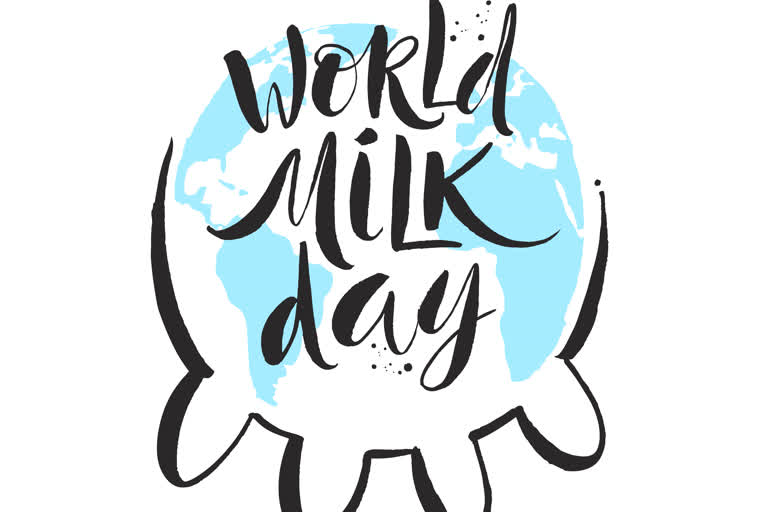World Milk Day, celebrated every year on 1st June was first established by the Food and Agriculture Organization (FAO) of the United Nations in 2001. The main aim was to recognize the importance of milk throughout the world. According to FAO, “The Day provides an opportunity to focus attention on milk and to publicize activities connected with milk and the milk industry”.
Milk has been an important part of breakfast in every household, almost everywhere in the world. Be it plain milk for drinking, with added flavours, in the form of milkshakes, smoothies, or as a supporting ingredient with cereals. This is because milk offers certain benefits that you may be unaware of.
Benefits
- Loaded With Nutrients
Milk is loaded with nutrients. FAO states, “A 250 ml GLASS of whole milk from cows CAN PROVIDE a 5-6-year-old child with 48% of protein requirements, 9% of calories and key micro nutrients. Milk provides us adults with: calcium, magnesium, selenium, riboflavin, vitamin B12 and vitamin B5”. - Bone Health
Milk has been long associated with strong and healthy bones. An essential nutrient Calcium found in milk is beneficial and including it in your daily diet will help lessen the risk of bone diseases like osteoporosis and reduce the risk of fractures. - Blood Pressure
Blood Pressure is a major factor for several heart diseases. Milk, containing a combination of nutrients, is linked to lower risks of blood pressure. - Protein Rich
Just one glass of milk contains almost 8 gms of protein. Cow’s milk is a good source of quality protein and contains all the necessary amino acids. Protein is essential for muscle mass and strength. - Stronger Teeth
Apart from bone health, calcium is also important for stronger teeth. Also, lactose also helps prevent cavity and tooth decay.
Alternatives for natural Milk
However, there are many people who are lactose intolerant. It becomes difficult for them to fully digest the sugar found in milk called lactose. Therefore, they can consider taking the following alternatives to meet all the nutrients requirements.
- Coconut milk
- Soy milk
- Almond milk
- Cashew milk
- Rice milk
- Oat milk, etc.
Therefore, loaded with many health benefits, it is always advisable to include milk as well as other dairy products like butter, paneer, cheese, yogurt, etc. in your diet. Make sure that it is pasteurized. But, over-consumption of milk can be harmful to health and thus, it should be consumed only in a desirable amount. People who are lactose intolerant may consider some alternatives to fulfil their nutritional requirements. However, they may consult their physician first before considering any other available option.



